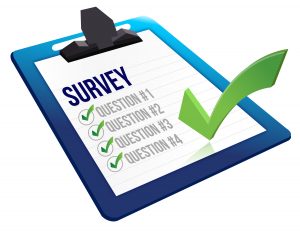Offices will generate more recyclable materials and less contamination if each employee is given a large recycling bin and small garbage can, according to a study.

Offices will generate more recyclable materials and less contamination if each employee is given a large recycling bin and small garbage can, according to a study.
The National Recycling Coalition’s recently elected president sees the recycling industry facing challenges in two major ways: false accusations and challenging markets.
 An industry group has launched an online survey asking municipal and state governments, MRFs and glass companies about their local experiences with glass recycling.
An industry group has launched an online survey asking municipal and state governments, MRFs and glass companies about their local experiences with glass recycling.
The National Standards Certification Board (NSCB) has found its first state partner for the resource management training field in the Land of Enchantment.
The National Recycling Coalition has voted 10 board members into the fold.
What is recycling? Last week a number of industry leaders tried to come up with a clear and concise answer.
Two of the sustainability world’s most influential figures opened the Resource Recycling Conference Tuesday with presentations that gave attendees a dose of inspiration as well as a glimpse into global materials recovery initiatives that keep profitability top of mind.
The National Recycling Coalition has announced the inaugural Sustainable Materials Management Summit.
The National Recycling Coalition (NRC) announced this week U.S. Environmental Protection Agency Assistant Administrator Mathy Stanislaus will provide the keynote address for the upcoming National Sustainable Materials Management (SMM) Summit, to be held May 12 and 13, at the University of Maryland, College Park.
Over the past five years or so, leading solid waste and recycling organizations, communities and businesses across the country have increasingly embraced zero waste. Zero waste policies and programs establish practical ways to eliminate waste and safely reuse, recycle or compost discarded products and packaging. However, there has been confusion in the marketplace due to the many definitions of “zero” that are being used.
